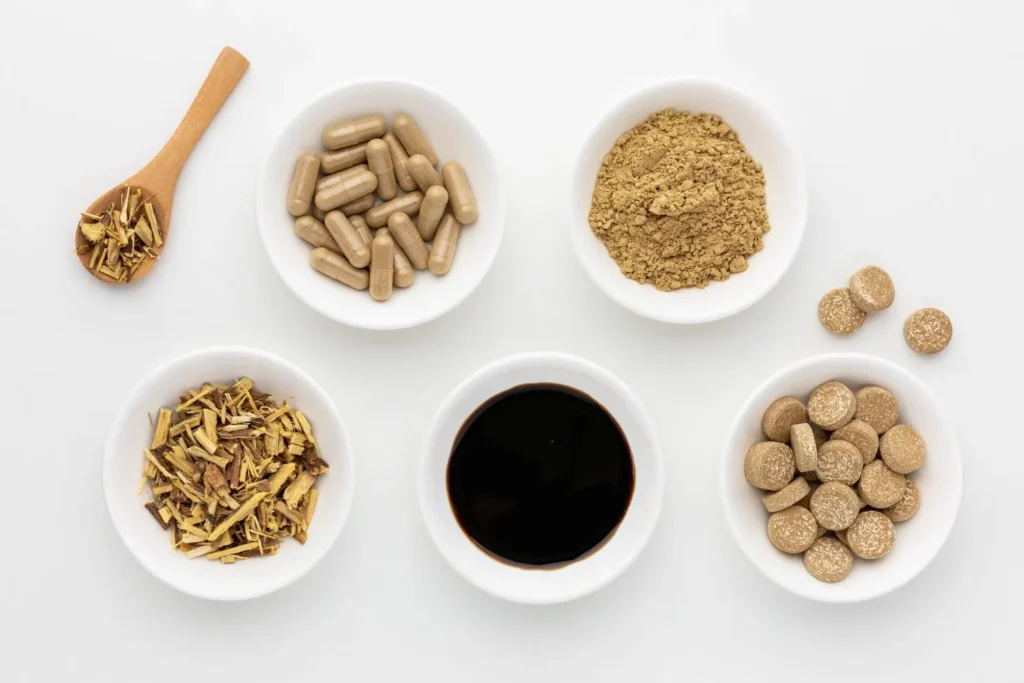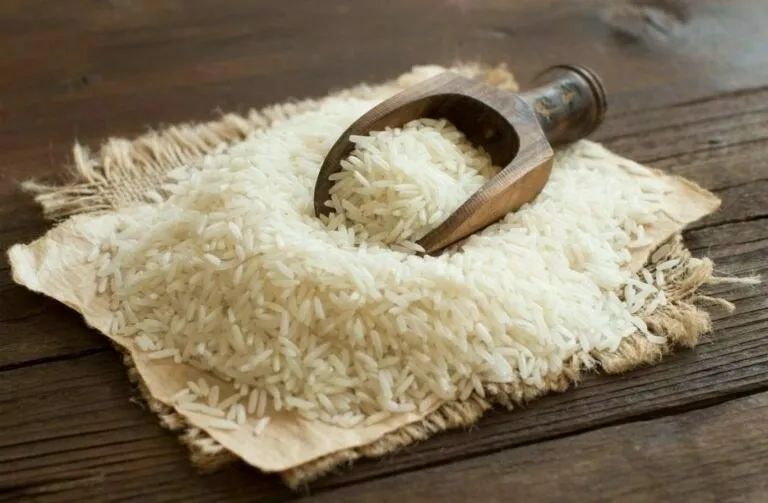Stomach pain, or belly ache, is pain between the chest and groin. It can be mild or strong and can hurt in different places, like the stomach or bowels. Stomach pain can also cause heartburn, bloating, or nausea. The cause of the pain affects how bad it is and where it hurts. Sometimes the pain comes and goes, or it stays. Certain foods or stress can make it worse. The right way to treat stomach pain depends on what’s causing it. Some pain goes away on its own, but others may need a doctor. Many people use home remedies for relief. This article talks about 12 popular remedies.
1. Drinking water

The body needs water to help digest and absorb nutrients from food and drinks. Without enough water, digestion becomes harder and less effective, which can lead to an upset stomach. Staying hydrated can also help reduce heartburn. The Academy of Nutrition and Dietetics suggests that the usual advice is to drink eight 8-ounce glasses of water each day. Similarly, people living in warmer climates may need extra water to stay hydrated. Your body’s fluid needs can also be influenced by your health, such as if you are sick or dealing with a medical condition. It’s important to listen to your body and drink enough water to stay hydrated, but the right amount can vary from person to person. Keeping hydrated helps keep your digestion running smoothly and supports overall health.
2. Avoiding lying down

Lying down can make indigestion worse by turning it into heartburn. When the body is horizontal, stomach acid can travel backward and move up, which causes heartburn. To prevent this, it’s best to stay upright if you have an upset stomach. Avoid lying down or going to bed for a few hours after eating or when you feel discomfort. Giving your body time to digest while staying upright can help prevent the acid from moving in the wrong direction. This simple change can make a big difference in how quickly the discomfort passes.
3. Ginger

Ginger can help with nausea and vomiting, especially for pregnant women or people getting chemotherapy. It also helps with an upset stomach. You can add ginger to food or drink ginger tea. Many people find ginger tea helpful for calming their stomach. Some ginger ales also have enough ginger to help settle your stomach. These drinks are a good choice when you want to feel better. Ginger tea is easy to find in stores or online. You can use ginger in tea, food, or ginger ale to help with stomach problems. Many people use ginger for nausea or digestion. Ginger has been used for years to help with stomach discomfort. It’s a gentle and natural way to feel better.
4. BRAT diet

Doctors may recommend the BRAT diet—bananas, rice, applesauce, and toast—for people with diarrhea. These foods can help reduce the number of stools and make diarrhea easier to manage. They are bland, meaning they don’t have things that can upset the stomach, throat, or intestines. This makes them good for soothing irritation caused by acids in vomit. The foods in the BRAT diet are also full of important nutrients like potassium and magnesium. These nutrients are lost when someone has diarrhea or vomits, so eating these foods can help replace them. The BRAT diet is simple, gentle, and helps the body get the nutrients it needs while easing stomach problems. It’s an easy way to manage diarrhea and support recovery.
5. Avoiding smoking and drinking alcohol

Smoking and drinking can cause stomach problems like indigestion and GERD. These habits can make digestion worse and lead to discomfort. Quitting smoking and drinking less alcohol can help you feel better. It can also lower the risk of serious diseases like cancer. Stopping smoking and drinking is not easy for everyone. Some people may find it hard to quit on their own. Extra help and support can make it easier. A doctor or support group can give guidance. Friends and family can also help. Encouragement makes a big difference. Thinking about the health benefits can keep you motivated. Taking small steps can make quitting easier. It is important to be patient. Change takes time. With the right help, quitting smoking and drinking can improve your health. You will feel better and have more energy. Your body will thank you for making the change.
6. Avoiding difficult-to-digest foods

Eating foods that are easy to digest can help your stomach feel better. It can reduce pain and discomfort. Some foods are harder to digest and may cause problems. Avoiding processed and heavily preserved foods can help. But for some people, this can be difficult. Fresh food is not always easy to find. Some people do not have time to shop for fresh food. Others may live in areas where fresh food is not available. These areas are called food deserts. In food deserts, people have little access to healthy and affordable food. This makes it hard to eat fresh and nutritious meals. Many must rely on packaged and processed foods. These foods are easier to find but may not be the healthiest choice. Finding better options can be a challenge. Support and better food access can help people eat healthier.
7. Baking soda

Some doctors say baking soda can help with heartburn and indigestion. It lowers stomach acid and may calm an upset stomach. But it does not taste good. Using too much can cause problems. It may make breathing slow or shallow. Some people may have muscle twitching or spasms. It can also cause diarrhea. Some may throw up. Others might feel more irritable. It is important to use only a small amount. Drinking too much can make stomach problems worse. If heartburn does not go away, seeing a doctor is best. Other treatments may work better and be safer.
8. Figs

They give your digestive system the help it needs. But figs can also make you go to the bathroom more often. If you have diarrhea, it’s better not to eat figs because they might make it worse. It’s important to choose foods that your stomach needs. Figs are good for constipation, but if you have diarrhea, it’s best to skip them. Always listen to your body and pay attention to how you feel. Choosing the right foods helps your stomach feel better. Figs work well for some people but may not be the best choice for others. It’s important to find what works for you and stick to it.
9. Aloe

Aloe vera might help with symptoms of irritable bowel syndrome and colitis, but more research is needed to confirm this. Doctors say drinking aloe vera juice can help with some GERD symptoms. It may ease heartburn, bloating, and belching. Aloe vera juice can also help with nausea, vomiting, and acid or food coming back up. However, it may cause stomach pain or cramps in some people. Aloe vera juice is easy to find in stores. While it helps some people, it doesn’t work the same for everyone. It’s important to talk to a doctor before using it. More research is needed to fully understand how aloe vera works.
10. Basil

Basil can help reduce gas and bloating. Its leaves have linoleic acid, which helps with inflammation and can soothe your stomach. You can find basil in most grocery stores, garden stores, and online. But people who live in food deserts might have trouble finding fresh basil nearby. They may need to buy it online instead. This can make it harder to get fresh herbs. If you have space to plant it, basil is easy to grow at home. It’s a helpful herb for digestion and adds flavor to food.
11. Licorice

Licorice root may help with stomach issues, but experts aren’t fully sure how it works. If you have an upset stomach, you might try drinking licorice root tea a few times a day to help you feel better. You can find licorice root tea online, or make it at home by mixing 1 or 2 teaspoons of licorice root powder with hot water. While it can help with digestion, licorice root can also cause side effects. It can raise blood pressure and lower potassium levels, which can be dangerous. This is especially true for people with high blood pressure or heart or kidney problems. If you have these conditions, you should be careful. Always check with a doctor before using licorice root to make sure it’s safe for you.
12. Rice

Plain rice can be helpful for people with stomach pain from irritable bowel syndrome or other conditions that cause frequent diarrhea. It’s also part of the BRAT diet, which doctors sometimes recommend for stomach issues. However, there is some evidence that eating too much white rice could increase the risk of metabolic syndrome, especially if it’s eaten regularly. But for those using rice to help with stomach pain, it may not cause any problems. The risk tends to be more of a concern for people who eat white rice often. If you’re using it for stomach issues, it’s usually fine in moderation.
